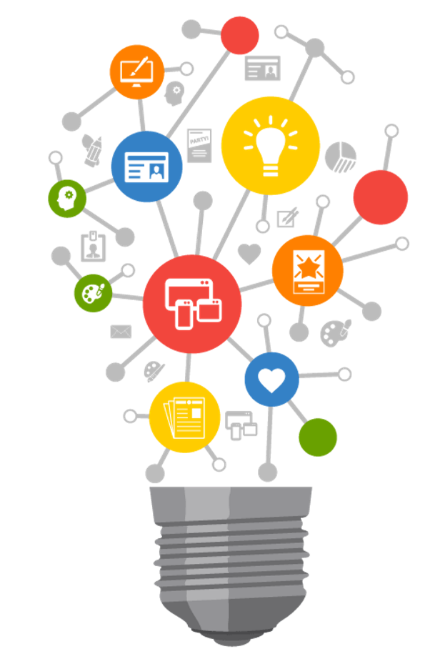
DEPARTMENTof COMPUTER SCIENCE AND ENGINEERING
PROGRAM EDUCATIONAL objectives
PEO 1:
Graduates will apply the principles of mathematics, computer science and scientific investigation to solve real world problems in Information Technology Industry and for pursuing higher education.
PEO 2:
Graduates will apply current industry accepted computing practices with new emerging technologies and modern engineering tools to analyze, design, implement and verify high quality computer-based solutions for real world problems.
PEO 3:
Graduates will be leaders and managers by effectively communicating at both technical and interpersonal levels.
PEO 4:
Graduates will apply appropriate knowledge of the societal impacts of computing technologies ethically in the course of career related activities for the profession, nation and society.
PEO 5:
Graduates will be successfully employed in pursuing a lifelong learning by applying basic principles and practices of computing to make software projects successfully which meet the objectives of the research.
OUR
PROGRAMMESPECIFICOUTCOMES
PROGRAM SPECIFIC OUTCOME 1
- Understand, analyze the theoretical foundations of Computer science and apply problem solving methodologies, programming techniques and tools to solve the real world issues.
PROGRAM SPECIFIC OUTCOME 2
- Understand an apparent picture of software development life cycle and acquire the programming skills under various platforms for successful implementation of automation systems.
PROGRAM SPECIFIC OUTCOME 3
- Use the Knowledge in multiple domains to identify the research gap in the real world environment, hence this provides an obvious line of attack to innovate new ideas and helps to become a successful entrepreneur.




